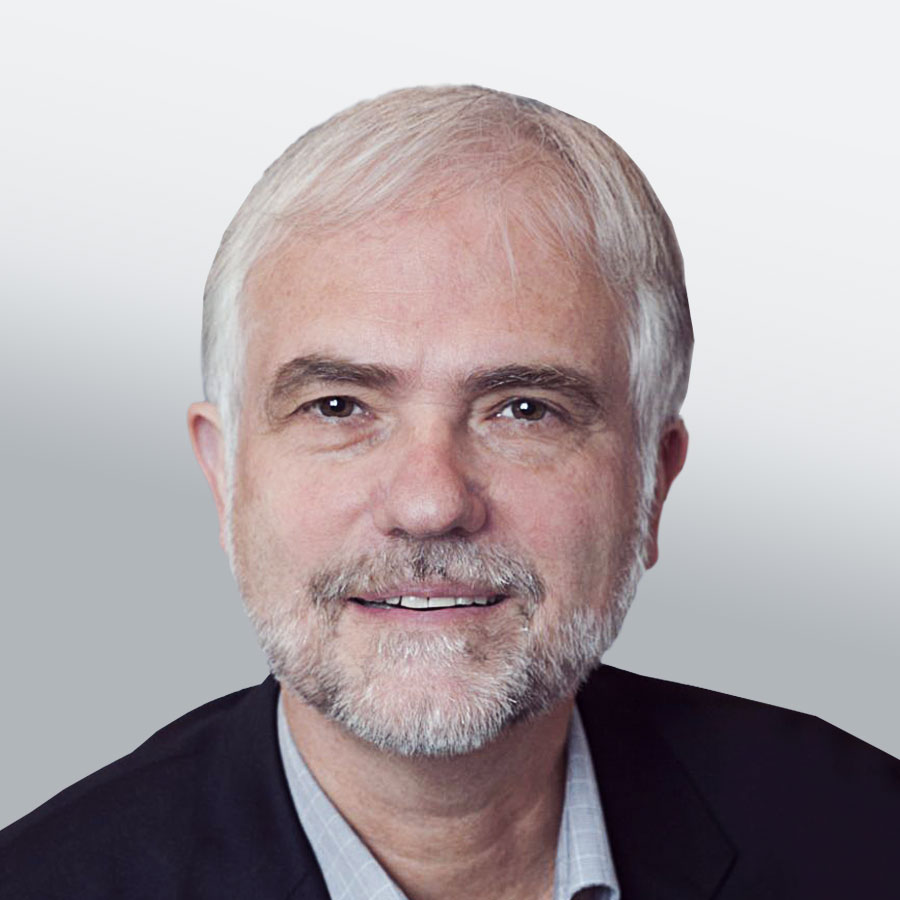"The biggest challenge is the brain and the science itself. We wonder if we even know one percent about the brain and these diseases." Schoepp notes that treating such diseases means lots of failure and therefore high attrition rates of candidate molecules. "If that's not humbling, I don't know what is. But every time we try something new we learn something along the way that points us in a better direction and helps to keep us motivated to achieve the ultimate success of a new treatment option."
It goes without saying that attempting to find treatments for such devastating diseases requires high dedication and resilience. "We had some remarkable studies that didn’t make it all the way," says Schoepp. "One of the compounds that I was most proud of failed in the last stage of phase III. That was probably the most devastating moment of my career, since it was something that I discovered with my own two hands."
Nevertheless, Dr. Schoepp remains hopeful. "I'm proud of the many good people I have worked with over the years and thankful to participate in so many great projects with them. I'm also proud of my science, which has contributed to fundamental knowledge of the brain and brain disease that provides a larger foundation for the field of neuroscience research. Our industry can do things that others are not really positioned to do and in this way greatly impact human health."

